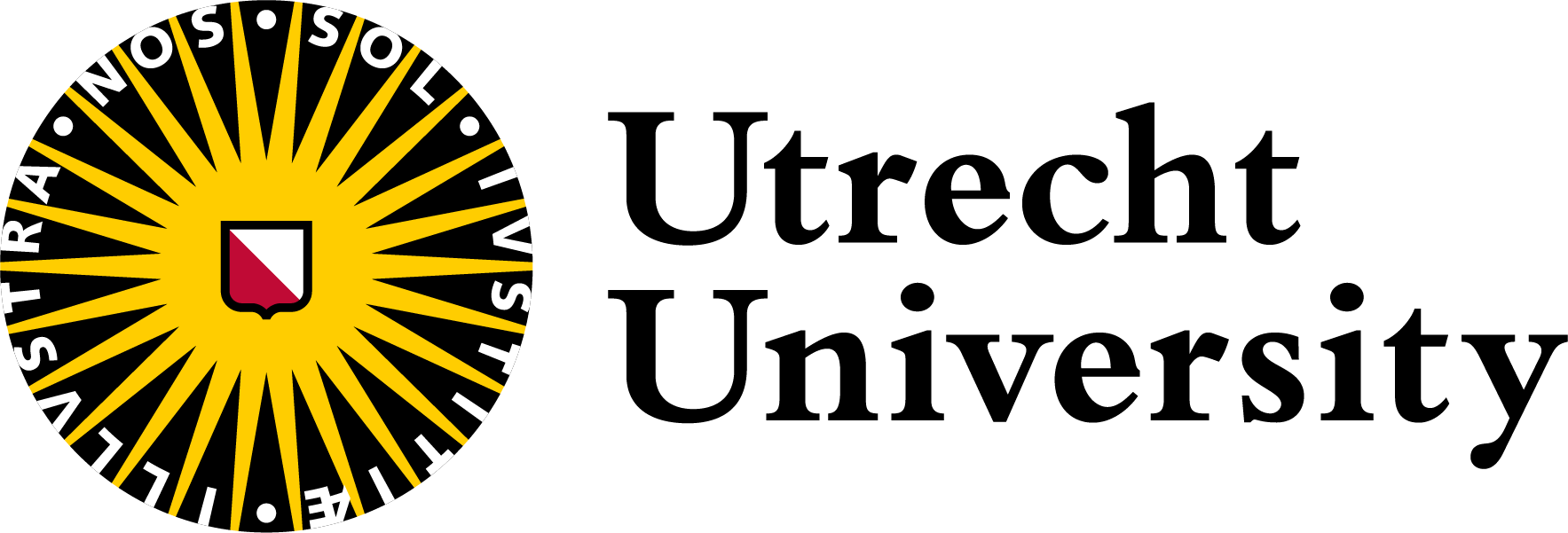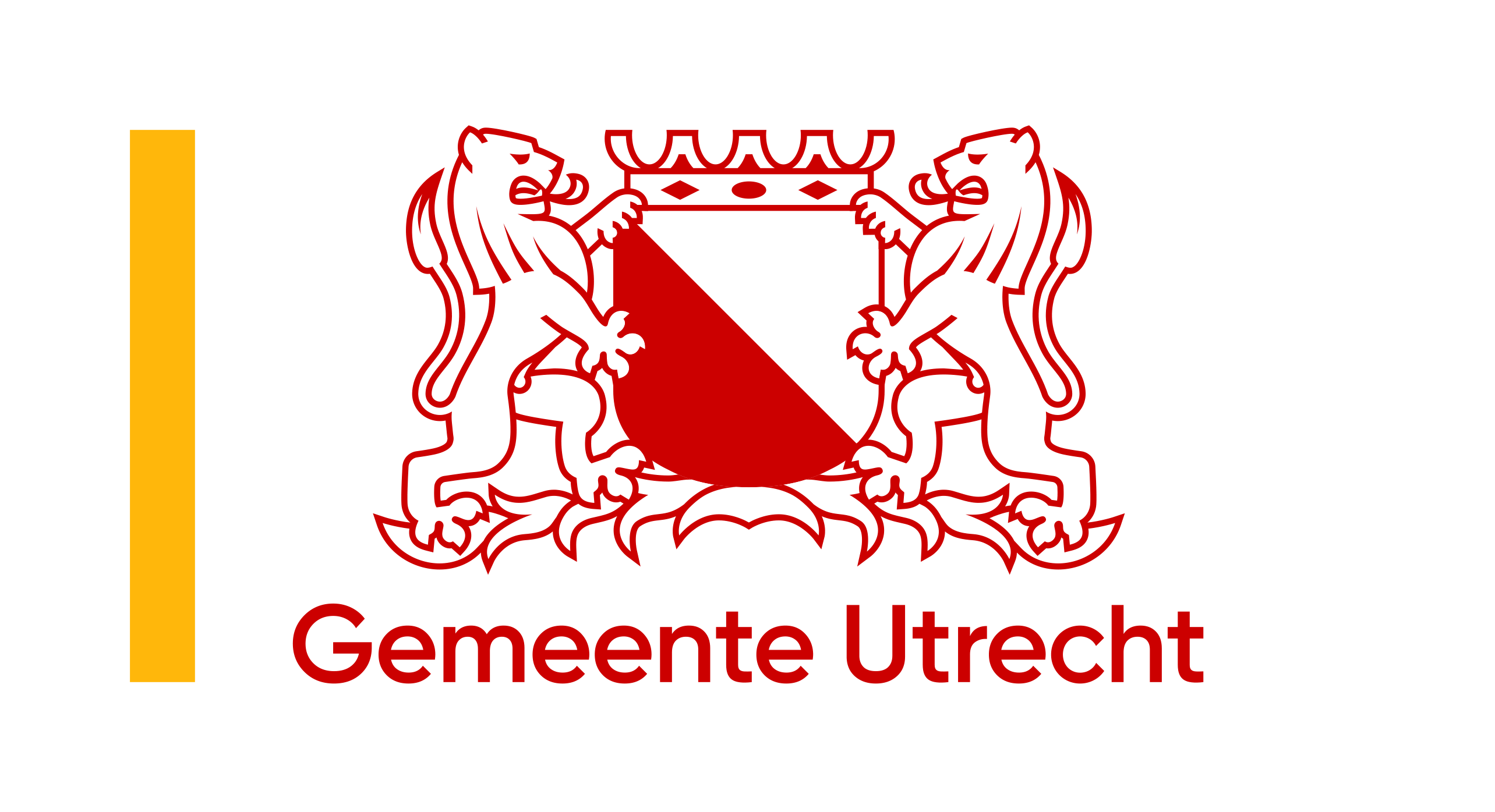ERC Starting Grant awarded to two researchers UMC Utrecht
Two researchers from UMC Utrecht, András Spaan and Alberto De Luca, have received a prestigious ERC Starting Grant from the European Research Council (ERC). These grants, each worth 1.5 million euros, are awarded to exceptionally talented researchers.
András Spaan, a clinical microbiologist and clinician-scientist at the Department of Medical Microbiology, and Alberto De Luca, an assistant professor at the Image Sciences Institute, will use this grant to further develop their respective research on invasive streptococcal infections and the mapping of brain fibers.
Human genetic determinants of deadly streptococcal infections
Why do some otherwise healthy people develop life-threatening infections with the group A streptococcus bacterium, while most others experience only mild symptoms? This is the key question in the research of András Spaan. With his ERC grant, he will investigate the human genetic and immunological determinants in patients with these invasive infections.
The group A streptococcus is a bacterium that causes mild infections in most people. However, in some previously healthy individuals, it can lead to severe, life-threatening infections. Researchers and physicians do not understand why there is such a wide variation in infection severity among different people. András aims to investigate whether inborn, genetic defects of the immune system in severely ill patients explain their susceptibility to infections.
“Some people suffer from invasive group A streptococcal infections,” says András. “It is a very serious infection; the bacterium is also known as the ‘flesh-eating bacterium.’ This ERC grant helps me link clinical observations in these patients to fundamental scientific discoveries about the cause of their disease. This project will hopefully contribute to the development of new therapeutic options to prevent and treat invasive group A streptococcal infections.”
Mapping brain fibers in living humans
Alberto De Luca aims to push the boundaries of imaging (MRI) to bridge a significant gap in neuroscience. Current MRI techniques can help us see how different parts of the brain are connected, but they are blind to what the wiring inside these brain regions themselves looks like.
Alberto will develop new MRI technologies to map the complex internal wiring of the cerebral cortex – where our cognitive processes take place – for the first time in living humans. This can help gain new insights into brain structures and better understand how aging or diseases like Alzheimer’s affect the cortex, leading to cognitive impairments.
“I am incredibly pleased and honored with this ERC grant,” says Alberto. “Technical research can sometimes sound abstract, but it is crucial for making significant strides in the future. I have been dreaming about this project for two years, and this European support finally allows us to push the boundaries of what we can see with MRI, thus deepening our understanding of brain diseases and aging.”
About the ERC Starting Grant
The ERC Starting Grant is aimed at researchers who have already been conducting successful research for several years after their PhD. The ERC Starting Grants aim to stimulate curiosity-driven, innovative research. The grant, which amounts to 1.5 million euros over five years, helps researchers set up their own projects, form teams, and realize their most promising ideas. Selection criteria are based on the excellence of the researcher, the innovative nature of the research project, and the expected scientific impact of the proposal.
This year, the European Research Council (ERC) has awarded 494 Starting Grants to young scientists across Europe, with a total of nearly €780 million.
Source: UMC Utrecht








